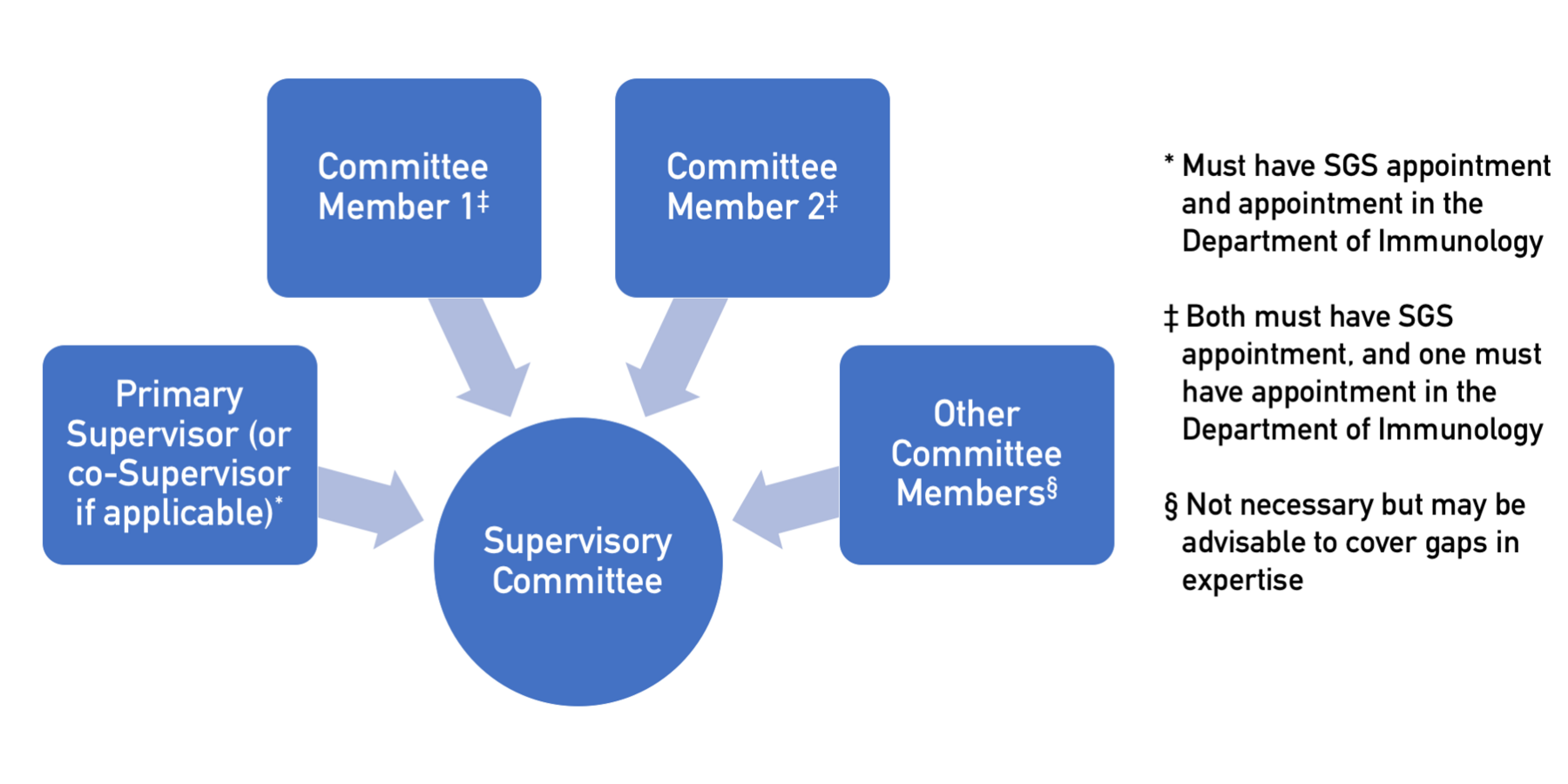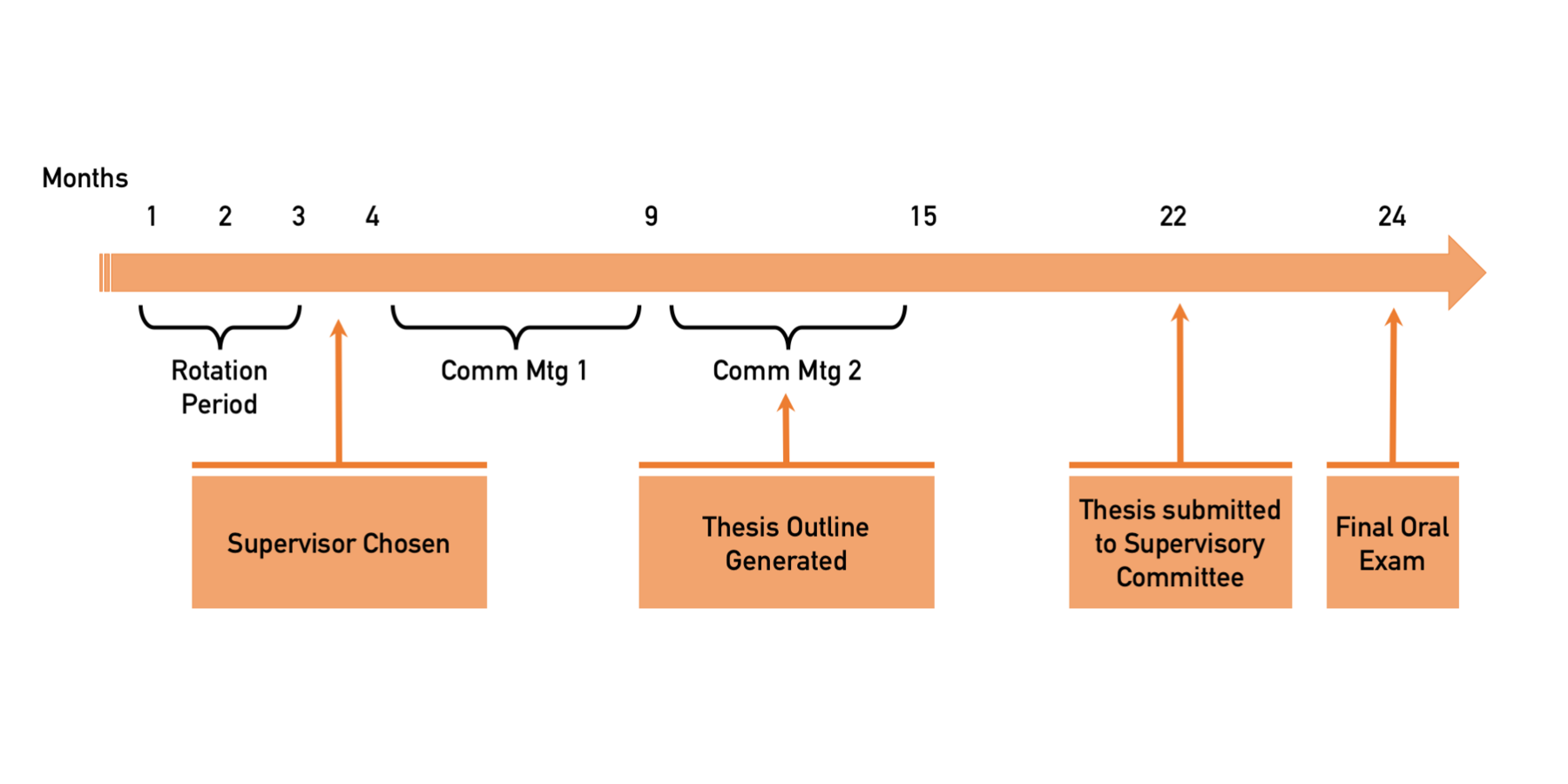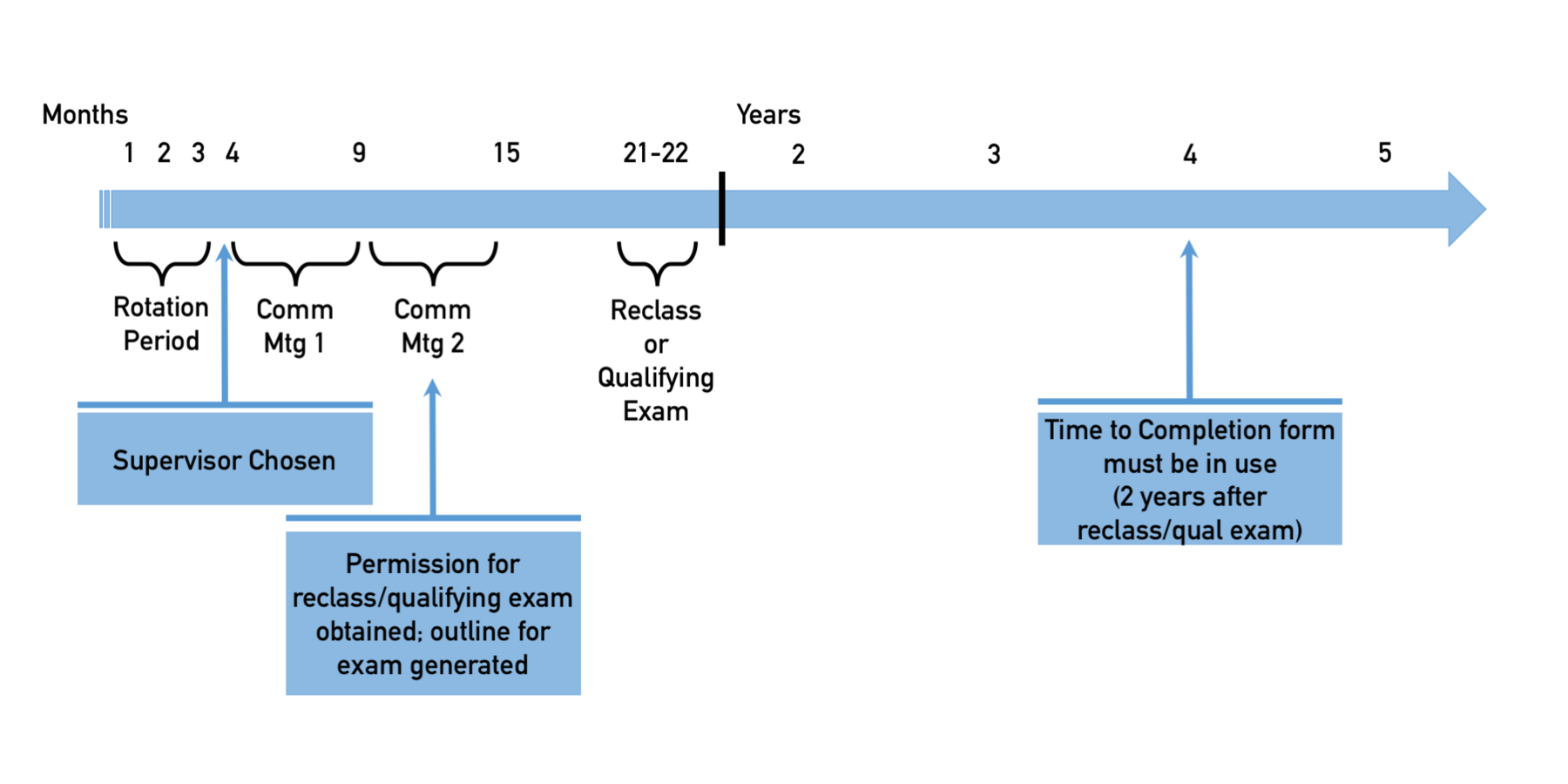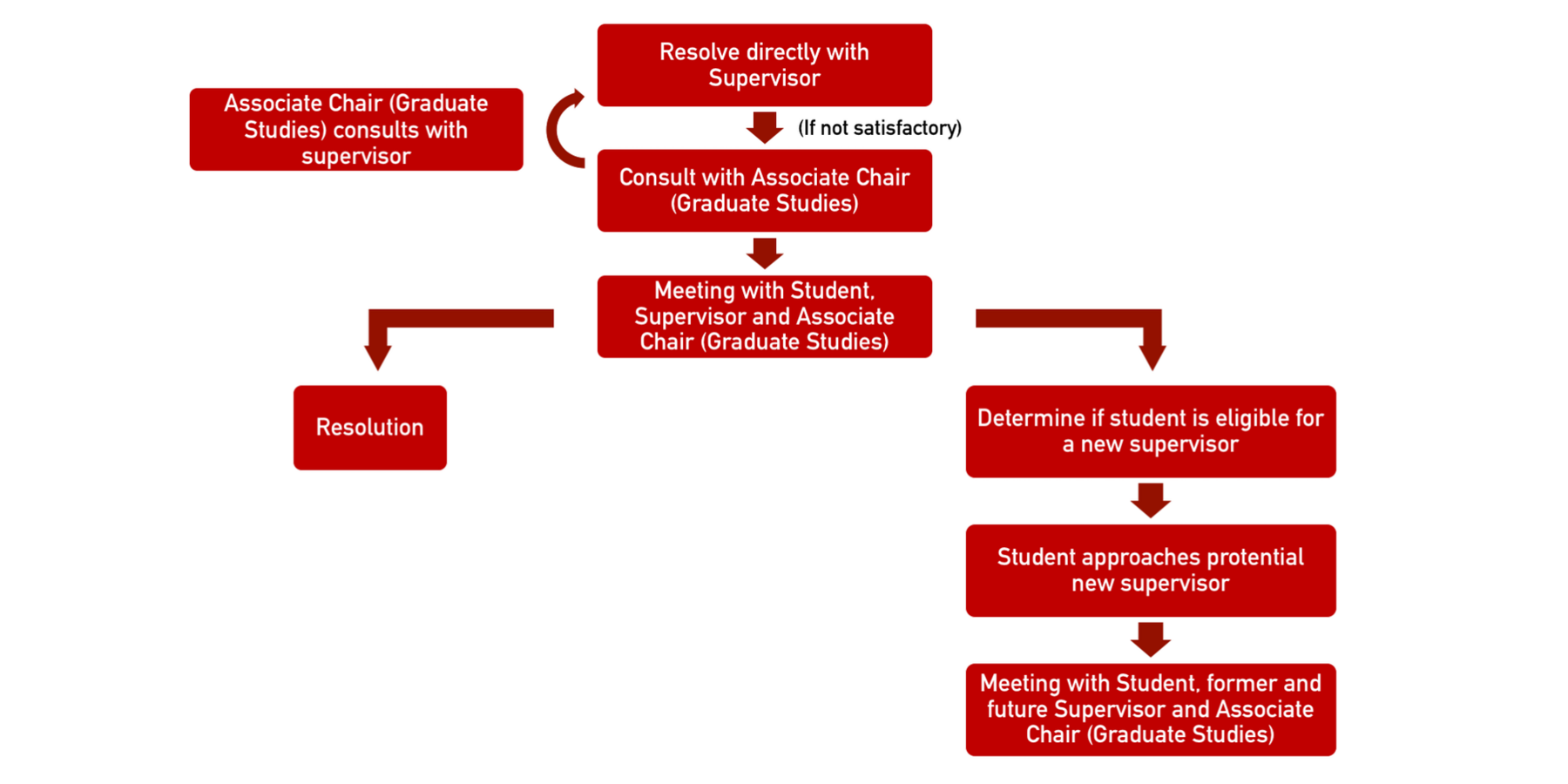Breadcrumbs
- Home
- Graduate
- Current Students
- Supervisor and Supervisory Committee
Supervisor and Supervisory Committee
The Supervisory Committee (Not applicable to the Applied Immunology MSc)
In addition to the primary supervisor, each student must also establish a supervisory committee. The purpose of the supervisory committee is to provide each student with advice and constructive criticism concerning the development of his/her thesis research project and his/her progress towards becoming an independent research scientist.
The supervisory committee is composed of the student's immediate supervisor and two additional SGS Faculty members chosen by the agreement of the supervisor and student. This committee functions in an advisory role to ensure that the proposed project has a reasonable chance of success and otherwise to protect the interests of the student. Thus, the committee members are usually selected for their familiarity with the thesis research topic. The committee must draw upon faculty from more than one node for a minimum of three members, and may include faculty from outside the Department of Immunology, but at least one member of the supervisory committee besides the supervisor must have an appointment in the Department of Immunology. All of the members of the committee should not be from the same node of the Department. The composition of the committee is subject to annual review and may change during the course of a student's program. If a member of the supervisory committee is substantially involved with the project, then an additional committee member should be added to ensure the impartiality of the committee.

Meetings and reports
All students are required by University rules to have a supervisory committee meeting at least once per year. More frequent meetings might be useful in the first two years, both to hone the project and to develop a basis for the examination decision, as well as in the last year to devise the thesis outline. At each meeting the student should distribute to the committee members prior to the meeting, a short (1-2 pages) synopsis of his/her research accomplishments and plans for the project. Prior committee meeting reports should be brought to each meeting. The student will usually present his/her results and plans orally, during and after which they should be fully discussed by the committee members.
At the completion of each meeting, the committee members must collectively complete a copy of the Supervisory Committee Report (see forms). It is the student's responsibility to see that a copy of the Report form is brought to the meeting, and that the original copy of the completed Report is handed in to the Graduate office immediately after the meeting for inclusion in the student's file. Reports require the signature of the Associate Chair, Graduate Studies and this will not be done until a date for the next meeting is identified. If progress at the committee meeting is not acceptable, a meeting between the student, supervisor, and Associate Chair, Graduate Studies will be required in order to identify any challenges the student or project may be facing, and outline strategies to get things back on track. Copies of committee meeting forms should be kept by the student. The student should feel free to consult with the members of his or her committee at any time, and if necessary to request a meeting of the committee outside of the regular schedule.


Supervision by faculty members with an "associate" membership in the School of Graduate Studies
Normally students will be supervised by faculty members with a "full" graduate appointment. In some cases it will be appropriate for a student to arrange to be supervised by a faculty member, such as a recently appointed faculty member, who has an "associate" appointment. Associate members of the Department of Immunology may supervise students subject to the following conditions:
- That supervision is conducted in collaboration with a faculty member holding a full appointment.
- That the full member must be expert in the area of supervision and must have graduated at least two PhD students in the Department of Immunology.
These requirements apply both for MSc and PhD students.
Intractable disagreements between student and supervisor and/or supervisory committee
Students will generally complete their degree program with the same supervisor as they begin with. However, in the rare event that the student (or the supervisor) feels that the arrangement should be terminated, he/she should consult with the Associate Chair, Graduate Studies in an attempt to fix the source of dissatisfaction. If these consultations do not resolve the problem, and if the student wishes to continue in the Immunology Graduate Program, the Associate Chair, Graduate Studies, in consultation with the student and the student's supervisory committee, will decide whether the student may seek another supervisor in the Department. A recommended path for conflict resolution is depicted in the diagram below. In general students are expected to bring their ongoing experiments to a reasonable stopping point and to provide complete data and other helpful information to the supervisor. This might mean, for example, continuing in that laboratory for a reasonable time to bring the data or experimental materials into a condition which the supervisor can use in future undertakings.

